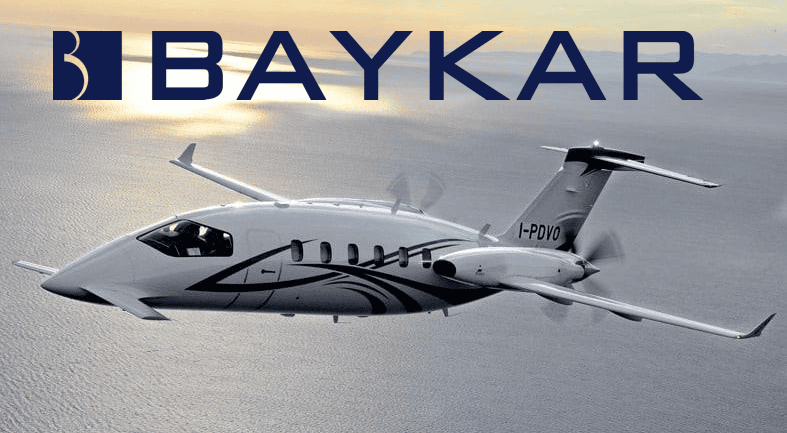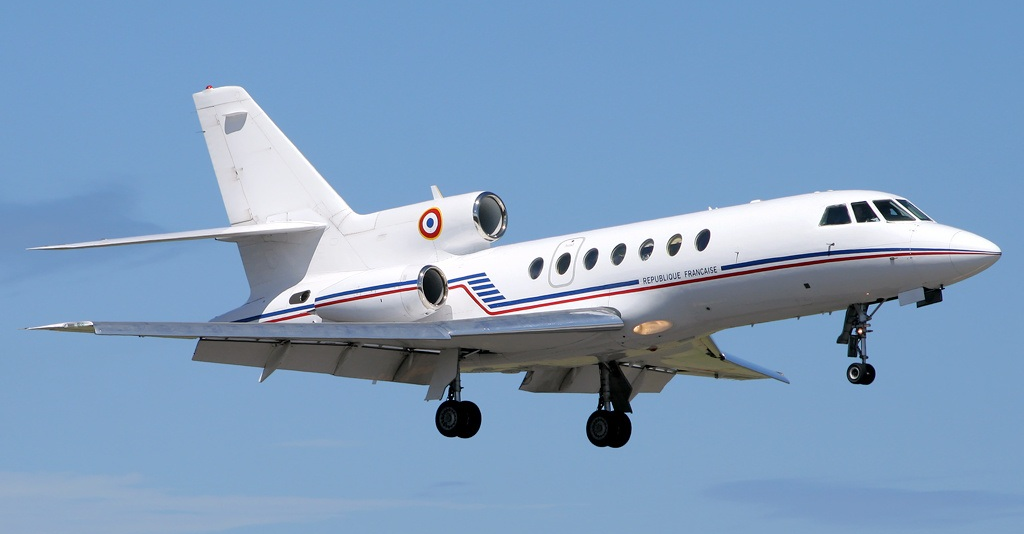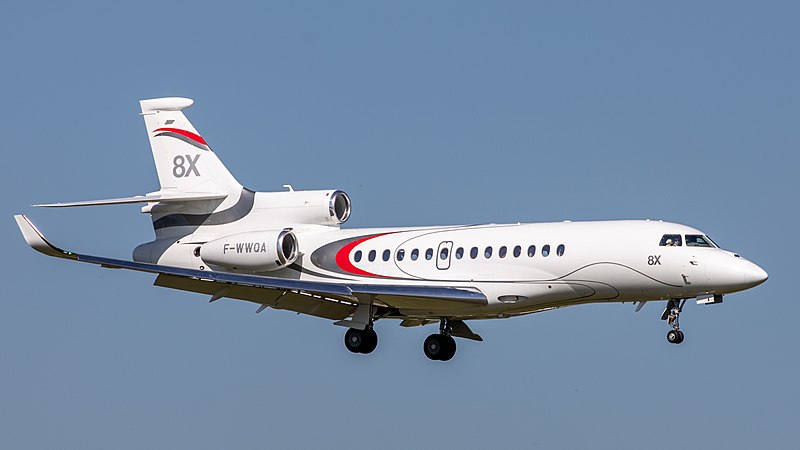Baykar, a prominent Turkish defense company, is set to acquire Piaggio Aerospace, marking a significant change in the aviation industry. Piaggio, founded in 1884 and widely recognized for its Piaggio P.180 Avanti aircraft and recent unmanned aerial systems (UAS) innovations, has undergone a rough financial adversity, culminating in receivership in 2018. The Italian government approved the sale on December 27, 2024, underscoring the strategic importance of Piaggio to the nation’s aerospace capabilities and workforce.
Background of Piaggio Aerospace
Established in Sestri Ponente, Genoa, Piaggio Aerospace originated with maritime outfitting and rolling stock manufacturing before transitioning into aviation. The company’s storied legacy features significant achievements, notably the Piaggio P.180 Avanti—an aircraft that helped the firm recover from financial strain in the 1990s. In recent years, Piaggio has specialized in UAS, ISR (Intelligence, Surveillance, and Reconnaissance) aircraft, and aero engines, boasting a broad product portfolio and participating in initiatives like the EU-funded Clean Sky 2 research program.
Despite its track record of innovation, Piaggio entered receivership in 2018, grappling with persistent financial hurdles. The Baykar acquisition aims to stabilize Piaggio’s operations and uphold its long-standing commitment to innovation and aeronautical excellence.
Acquisition Details
The sale of Piaggio Aerospace to Baykar was officially sanctioned by the Italian government on December 27, 2024, following a protracted period of uncertainty for Piaggio. Adolfo Urso, Italy’s Minister of Enterprises and Made in Italy, indicated that safeguarding jobs and preserving local production were prime considerations. Beyond financial relief, the deal positions Baykar—a global force in unmanned aerial vehicle (UAV) technology—to gain entry into broader European markets. Piaggio’s existing involvement in U.S. F-35 program components, notably the F-135 engine, may offer Baykar access to high-profile defense projects. While concerns were raised over national security and the foreign ownership of vital defense assets, the Italian government and Baykar’s CEO, Haluk Bayraktar, have emphasized compliance with regulations and preserving Italy’s strategic interests.
Strategic Benefits for Baykar
For Baykar, integrating Piaggio Aerospace’s expertise in manned aircraft design significantly bolsters the Turkish firm’s capabilities. Baykar has made a name for itself with UAVs and combat drone technology; merging with Piaggio paves the way for diversification into advanced propulsion and hybrid systems, potentially broadening Baykar’s footprint in military and civilian aviation. Piaggio’s production lines will enhance Baykar’s manufacturing infrastructure, which is crucial for meeting surging global demand for unmanned aerial systems. The partnership could also accelerate research and development efforts in unmanned combat air vehicles (UCAVs) and other cutting-edge aviation projects.
Advantages for Piaggio Aerospace
For Piaggio, this sale provides a stable financial foundation and renewed prospects for growth. Alignment with Baykar infuses new resources and capabilities, particularly in UAV technology, which Piaggio can harness for its existing UAS programs—such as the P.1HH HammerHead.Drawing on Baykar’s global defense network may also raise Piaggio’s international profile. With continued support from the Italian Armed Forces, Piaggio stands to maintain its heritage and contribute to joint programs, blending Italian craftsmanship with Turkish defense innovation.
Economic and Diplomatic Context
From a diplomatic standpoint, this deal strengthens Turkey-Italy economic ties, highlighting a mutual commitment to fostering industrial collaboration. Political factors, however, remain a point of contention. Italian authorities have grappled with fiscal challenges and have been cautious in selecting potential buyers for Piaggio to ensure the company’s strategic integrity and protect local employment. Meanwhile, Turkish Industry and Technology Minister Mehmet Fatih Kacır has lauded the acquisition as a testament to Baykar’s trajectory and the broader potential for deeper cooperation between the two nations in the defense and aerospace sectors.
Industry Perspective
Many industry observers view the Baykar-Piaggio deal as signaling a consolidated European UAS market, blending Piaggio’s aeronautical legacy with Baykar’s drone expertise. The Italian government’s commitment to maintaining domestic production capabilities lends credibility to this newly formed alliance, which may further invigorate Europe’s military drone industry.
Unsurprisingly, unions have voiced concerns about preserving jobs and Piaggio’s brand identity. They emphasize the need for a long-term strategy that respects the company’s heritage and the fair value of its workforce. These apprehensions were heightened following earlier stalled negotiations with other bidders, prompting calls for transparency and robust assurances from Baykar and government officials.
Innovation and Technology Investment
Looking ahead, Baykar’s ownership is poised to usher in a fresh wave of innovation at Piaggio. Shared technology flows could boost the development of firefighting and short-distance aircraft alongside Piaggio’s existing unmanned systems. This synergy of Italian engineering prowess and Turkish UAV leadership stands to break new ground in aviation, including potential applications of hybrid-electric propulsion systems.
Sustainable Aviation
Piaggio’s proven commitment to forward-looking technologies, such as hybrid-electric propulsion, aligns with broader industry moves toward sustainable aviation. With increasingly stringent environmental regulations, Piaggio’s ongoing research in reducing emissions and improving fuel efficiency may become a cornerstone of future operations under Baykar’s guidance.
Global Expansion and Market Competitiveness
Lastly, the Baykar-Piaggio venture is expected to amplify both brands’ international reach. A diversified product range covering UAVs, propulsion systems, and other advanced aircraft technologies will likely strengthen Piaggio’s competitiveness. In this new chapter, international collaborations and compliance with European Union standards could position the company as an agile, globally recognized force in aerospace.
Conclusion
The acquisition of Piaggio Aerospace by Baykar heralds a new era for an iconic Italian aviation brand. While it raises questions about strategic sovereignty, job security, and cultural heritage, the deal also promises fresh investment, technical innovation, and global market expansion. For Italy, safeguarding a vital aerospace asset and retaining skilled workers has been paramount. For Baykar, the partnership consolidates the firm’s aspirations to push the boundaries of UAV technology and enter new aviation segments. As these two storied companies merge, the aerospace sector will watch closely to gauge the balance of tradition, innovation, and economic growth in this landmark transaction.


